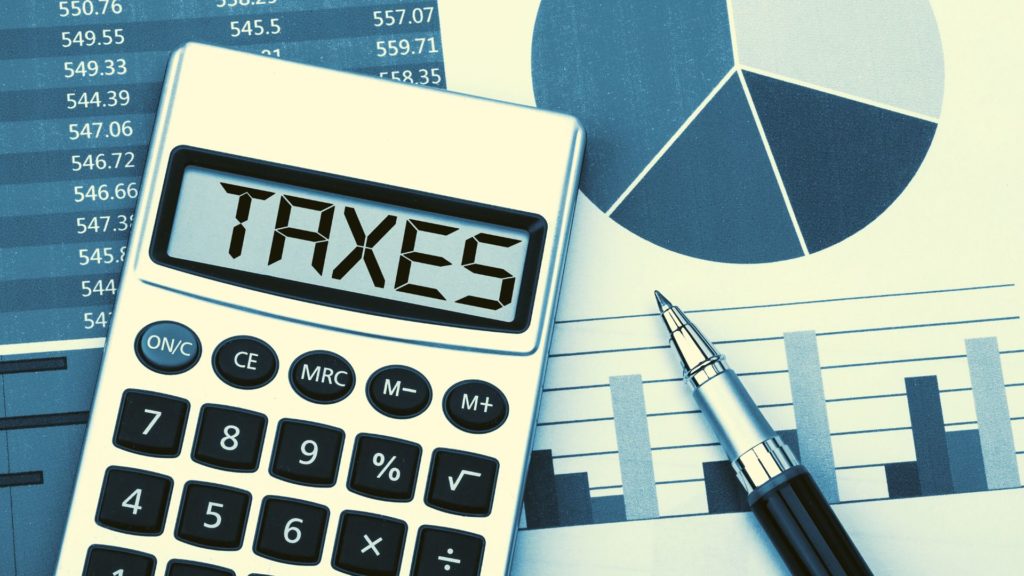How to Prepare for End of Year Business Finances and Taxes as a Small Business or Freelancer in 6 Ways

End of year is an important time for businesses and freelancers alike. It's the time when people reflect on the performance of their business over the last twelve months but also look ahead to what they can do in the coming year. And it's also a great opportunity to make sure your end of year business finances and paperwork are in order before tax season comes around.
Table of Contents
Whether you're a small business owner or independent contractor, there are several steps you should take to make sure you're ready for taxes. Here are some tips and tricks you can use to help get your finances organized before the new year:
Gather All Necessary Documents for End of Year Business Finances
The most important thing you need to do is gather all the necessary documents and information related to your income, expenses, investments, profits (or losses), etc. This includes things like receipts, invoices, cancelled checks, banking statements and other records that pertain to your finances throughout the year. Make sure that all costs and deductions are documented properly so that you don't leave any money on the table when tax season comes around.
Keeping Track of Online Subscriptions and Expenses
As you begin to prepare your end of year financials, don't forget to check all of your online subscriptions for invoices that may have been stored there. Many online services allow you to store invoices and other important documents within their system and can be easily accessed when needed.
Make sure that the information is up-to-date and accurate so that you can use it for tax purposes, as well as for general record-keeping. By keeping track of these documents in one place, you can save time and effort when it comes time to sort through receipts, invoices and other financial statements.
Review All Formal Records for End of Year Business Finances
Once you've got all your documents collected from throughout the year, go through them one by one with a fine-tooth comb to make sure everything adds up correctly. Double check all calculations from bank statements and other sources—this way you can make sure that everything matches up so that there aren't any discrepancies when doing your taxes later down the road.
Keeping up with your Bookkeeping
If you've been procrastinating on doing your bookkeeping until the end of the year, don't panic! It's still possible to get all of your financials in order and be prepared for taxes.
- Start by making a list of all of your income, expenses, investments and other expense related payments from throughout the year. If this information is organized into one place, it will make life much easier when it comes time to do your taxes.
- Then, double-check all of your records (bank statements, invoices, loan statements etc.) to ensure everything adds up correctly.
- Once you're confident that everything is accounted for – take advantage of any tax deductions that are available to you as a small business or freelancer.
- Finally, if needed, seek professional advice from an accountant if further assistance is required.
Whatever you ended up doing for the fiscal year, you have the chance to change in the upcoming year. Just spending an hour or 2 per month throughout the year can make a big difference when it comes to being up to date on your bookkeeping.
Take Advantage of Tax Deductions
Tax deductions are always something worth looking into if you own a business or work as an independent contractor/freelancer—you never know what kind of deductions may apply to your situation! For example, if you're using certain software programs on a regular basis then those fees may be deducted from taxable income; similarly, depending on where you live this might qualify as an additional deduction too! You may also be able to deduct a membership to a coworking space. Knowing what kind of tax savings opportunities exist could potentially save lots of money come tax time.
Seek Professional Advice As Needed
Finally, don't be afraid to seek professional advice if needed. While preparing taxes isn't necessarily difficult in its own right, it can become complicated quickly if there are issues related to assets or investments that require special attention from someone who is expertly trained in these kinds of matters. Don't be afraid to reach out for help if needed—a great accountant can help guide through end-of-year finances safely and efficiently!
